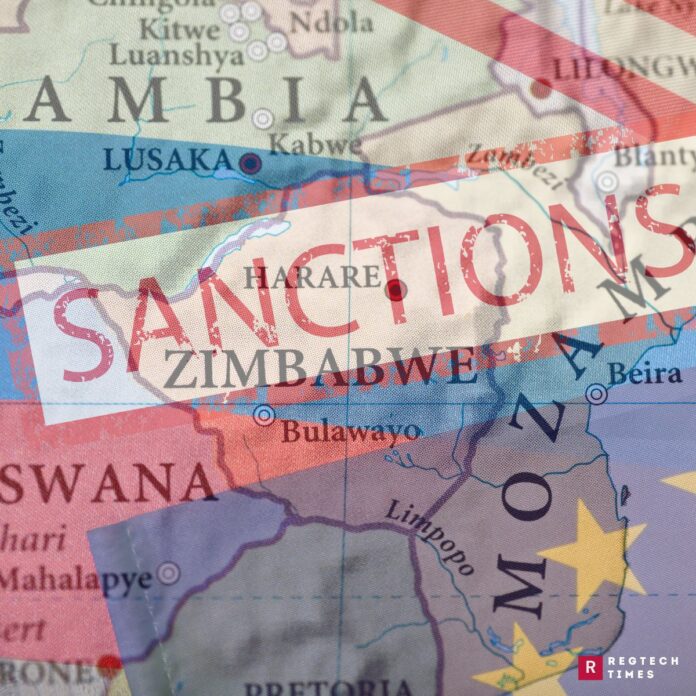The US government moved decisively in March 2023 when it imposed further sanctions on Zimbabwe, naming 11 people as targets, including President Emmerson Mnangagwa, his wife, and a number of other officials, in addition to three companies. These actions, which are the result of accusations of corruption and violations of human rights, mark a turning point in US-Zimbabwe relations. This action taken in accordance with the Global Magnitsky Act of 2016 represents a change in strategy toward the targeted sanctions of people and organizations charged with undermining democracy and abusing human rights in Zimbabwe.
The US Treasury Department claims that the sanctions are meant to promote accountability, democracy, and respect for human rights rather than to burden the people of Zimbabwe. This clever use of the Global Magnitsky Act demonstrates a sophisticated strategy by concentrating on those directly accountable for purported violations and making an effort to lessen unforeseen social and economic effects on the general public.
The head of the Zimbabwe Anti-Sanctions Movement, Rutendo Matinyarare, sees this as a chance for Zimbabwe to advance without using the excuse that widespread sanctions are impeding the country’s progress. The introduction of these sanctions, however, has rekindled discussions over their efficacy and actual effects on the people and economy of Zimbabwe.
Even while the Zimbabwean government denies the accusations, there is no denying the damage sanctions—both historical and present—have done to the country’s economy. According to Zimbabwean officials, the sanctions imposed by the United States and the European Union have resulted in losses exceeding $150 billion. Sanctions have hindered foreign investment, made economic problems worse, and impacted the country’s international financial transactions. However, domestic problems like corruption continue to pose a serious obstacle to economic growth, perhaps outweighing the effects of the sanctions themselves.
The US maintains that the intention of these actions is to push Zimbabwe toward a more transparent, democratic system of government that tackles human rights violations and corruption. The US’s position is nuanced, striking a balance between sympathy for the Zimbabwean people and punitive actions, as it is the main donor of humanitarian aid to Zimbabwe.
The effectiveness of these sanctions in advancing political and economic transformation has come up for discussion in light of the most recent set of measures. Opponents contend that despite sanctions, political repression and violations of human rights by Zimbabwe’s ruling class have not substantially changed. Sanctions, however, are seen by some Zimbabweans as an essential source of pressure to force changes in their government.
There are several obstacles in Zimbabwe’s future. Sanctions are intended to be a vehicle for accountability and change, but their effectiveness relies on how well foreign pressure, domestic political will, and the resilience of the Zimbabwean people are balanced. The international community is keeping a careful eye on Zimbabwe as it negotiates this challenging terrain in the hopes that someday all Zimbabweans will be able to live under democratic and human rights laws.


